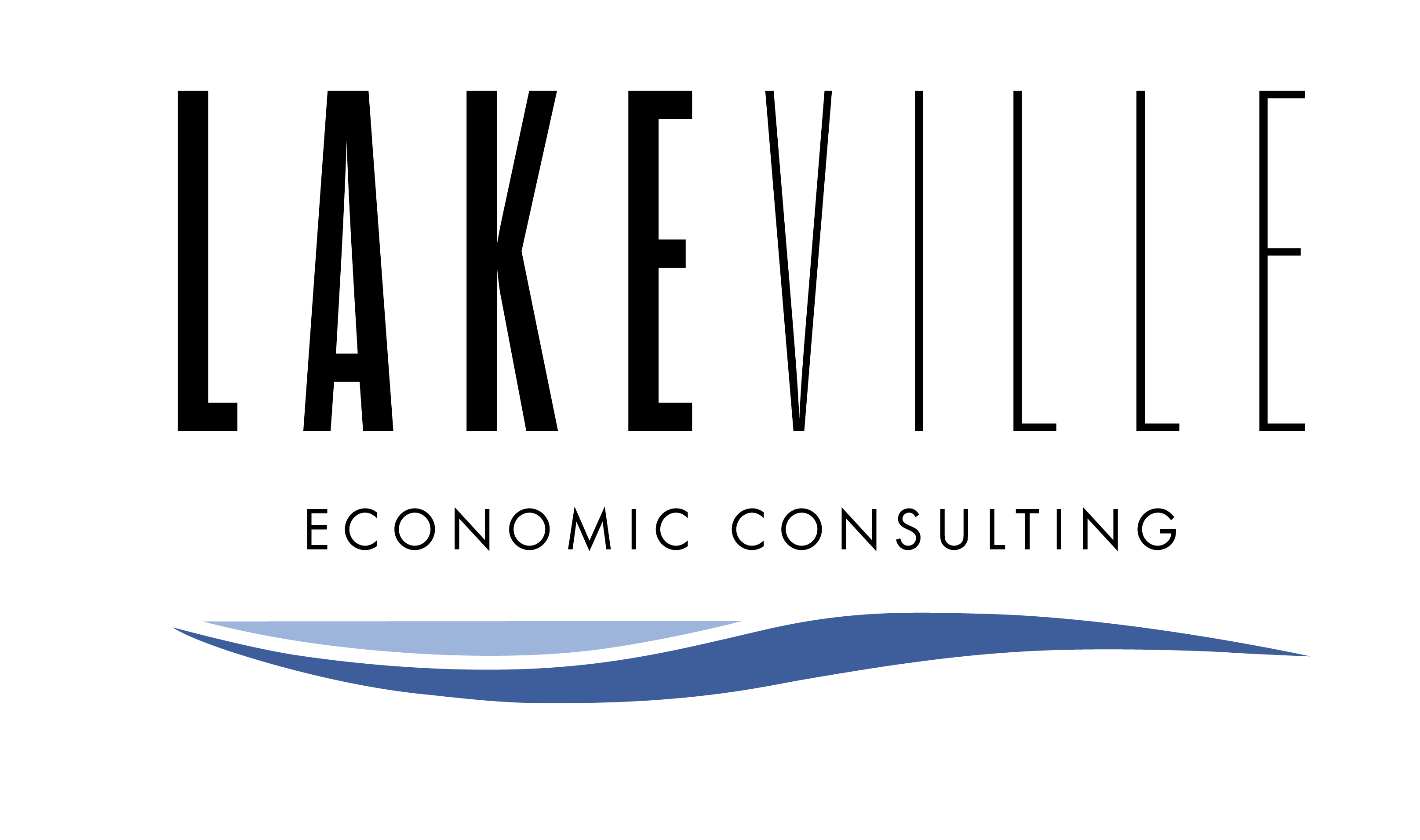The criticism we level in our article is that LKAB’s management has been two-faced. And it is this very point that the National Audit Office’s report has now proven.
Published in: SvD Debatt
The grandiose plans put forward by LKAB were, from the outset, utterly unfeasible. Such a failure would have been averted had the company been publicly listed and governed by a professional board of directors.
Published in: SvD Debatt
These projects must deliver with quality, on time, and on budget. Yet, at best, the investments in hydrogen-based iron sponge in Norrbotten may only produce a marginal return—a return that is woefully inadequate in the face of the colossal risks involved.”
Published in: Di Debatt
Should the H2GS investment ever turn a profit, the overall outcome would still represent a loss for the Swedish nation. A far more probable scenario is that the venture will never be able to cover its own costs.
Published in: Di Debatt
The world’s eyes are focused on the major steel projects in Norrland, and particularly on LKAB’s plans to produce sponge iron using hydrogen from electricity. Despite the enormous scope of the project, critical scrutiny has been lacking. If LKAB were publicly traded, the plans would never have left the drawing board.
Published in: DI Debatt
If the plans for the production of fossil-free steel in Norrbotten go ahead, the Nordic electricity price will increase by an average of 77 percent by 2026.
Published in: SvD Debatt
LKAB’s and H2 green steels investments in sponge iron and ”fossil free” steel in northern Sweden are risky. Both companies’ products will be the most expensive on the markets. LKAB should not proceed with its planned investments and H2GS will most likely not be profitable in the short term.
Published in: Expressen Debatt
Jernkontoret, with its experience and knowledge, should be able to provide a nuanced picture of how to manage and limit the risks in business and secure profitability instead of making unfounded objections.
Published in: Di Debatt
The Swedish Supreme Court’s ruling in the Winefinder case opens up for new entrepreneurs and business models within the alcohol sector. Gradually, the pressure on the government monopoly will increase in a similar way as it happened in the Swedish gambling market.
Published in: Smedjan
LKAB’s plans for fossil-free sponge iron risk burdening taxpayers. The company must disclose the profitability and risks it expects – and this applies to all investment alternatives.
Published in: Altinget
The Swedish beer market has expanded despite Systembolaget, with arbitrary rules hindering small successful alcohol producers. The large number of small breweries dependent on Systembolaget for sales hampers their development, and many would not be profitable in a competitive market.
Published in: Di Debatt
Most Swedes stockpile large quantities of alcohol in their homes. Therefore, the Swedish alcohol monopoly cannot reduce consumption. The monopoly should be abolished, and private actors should be allowed to sell alcohol.
Published in: Expressen Debatt
Systembolaget has the worst opening hours in the Nordic region. While waiting for the abolition of Systembolaget, the government should extend opening hours and introduce Sunday sales.
Published in: Expressen Debatt
The monopoly of Systembolaget and its limited opening hours are said to result in reduced alcohol consumption. However, a new study reveals that the current poor accessibility is an ineffective measure if one aims to limit alcohol consumption.
Published in: Smedjan
During this year’s Christmas celebration, the queues at the state alcohol monopoly were long, and we can expect similarly long queues leading up to New Year’s. Until the alcohol monopoly is abolished, the new government can easily reduce queues and paternalism by implementing more generous opening hours and allowing Sunday sales. This can be done without the risk of increasing alcohol consumption.
Published in: GP Debatt
Next year, the price of raw tobacco will increase by up to 1,000 percent. This is because homemade snus will be taxed as if it were cigarettes. This is the story of diligent Czech tax bureaucrats, smugglers, and how Swedish politics combat smoking with more smoking.
Published in: Snusjournalen
Since the turn of the millennium, the gambling market has undergone a digital transformation. This has resulted in a change in the fundamental possibilities of regulating gambling. The new regulation of the gambling market is based on the altered conditions for effective regulation and the most appropriate taxation methods for gambling.
Published in: Skattenytt
The monopoly of Systembolaget is based on the the claim that it reduces alcohol consumption, but the research support for this is weak. The monopoly gives politicians a sense of control over alcohol consumption, but this sense is unfounded.
Published in: Smedjan
The snus tax contributes 3 billion SEK to the state treasury each year. This article discusses the principles behind snus and tobacco taxation, providing Snusjournalen’s readers with insights into the upcoming snus tax increase.
Published in: Snusjournalen
The government can indirectly reduce the extent of gambling advertising by increasing the gambling tax. Such an increase could be announced as early as in the government’s upcoming economic spring budget.
Published in: SvD Debatt
Swedish alcohol policy is ineffective. Consumption has not decreased, and consumers do not bear the full cost of the societal impacts.
Published in: DN Debatt
The negative consequences of alcohol consumption largely affect the consumers themselves. Therefore, the state should provide greater support to those who are trapped in their alcohol use and wish to reduce or quit completely.
Published in: DN Debatt
The problems on the gambling market lies in outdated regulations. Instead of protecting Swedish consumers, it becomes a straightjacket for Swedish gambling companies.
Published in: SvD Debatt
